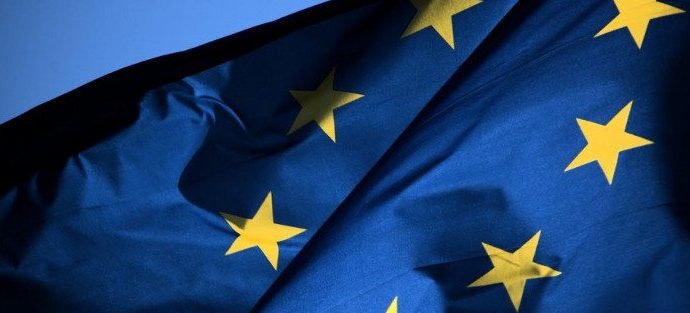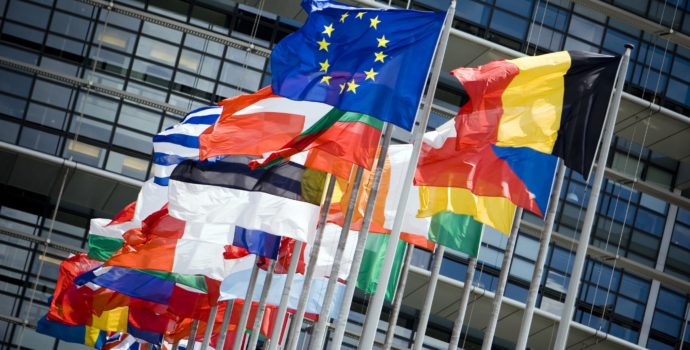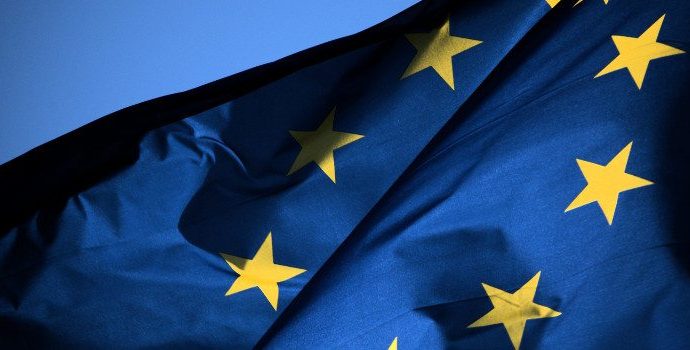European Commission Daily News 2nd Feb

Rule of Law: Commission opens stakeholder consultation for 2021 Rule of Law Report
The European Commission has launched a targeted stakeholder consultation to ask stakeholders for information on developments related to the rule of law in the Member States and in the Union, in view of the preparation of the second annual Rule of Law Report. The objective of the consultation is to feed the Commission’s assessment with factual information on developments on the ground. In the previous edition of the Rule of Law Report, the Commission had successfully carried out the first targeted stakeholder consultation, where over 200 stakeholders provided written input. This included EU agencies, national and European civil society organisations, and professional associations. The Rule of Law Report lies at the heart of the new comprehensive European Rule of Law Mechanism, a preventive tool aimed at promoting the rule of law and preventing challenges from emerging or deteriorating. The first Rule of Law Report was published on 30 September 2020, as one of the key initiatives of the Commission’s work programme for 2020. The consultation is available online until 8 March 2021.
European Green Deal: Commission launches public consultation on new EU Soil Strategy
The Commission launched today an online public consultation on the development of a new EU Soil Strategy. Healthy soils are essential for achieving the objectives of the European Green Deal such as climate neutrality, biodiversity restoration, zero pollution, healthy and sustainable food systems and a resilient environment. Yet our soils are degrading due to unsustainable management, overexploitation, climate change and pollution. For that reason, the EU Biodiversity Strategy 2030 announced the adoption of a new Soil Strategy in 2021. Commissioner for the Environment, Oceans and Fisheries, Virginijus Sinkevičius, said: “A quarter of our planet’s biodiversity is present in soil. This is literally a treasure under our feet, and our food and our future depend on it. We must equip the European Union with a robust soil policy that will allow us to reach our ambitious climate, biodiversity and food security goals, and step up our efforts to manage soil in a way that it can deliver for people, nature and climate.” The aim of the new EU Soil Strategy will be to address soil- and land-related issues in a comprehensive way and to help achieve land degradation neutrality by 2030 – i.e. restoring to a ‘healthy status’ same amount of soil as has been degraded by human activity. This is one of the key targets of the Sustainable Development Goals (SDGs). Healthy soils produce our food and raw materials, clean our drinking water, reduce flood risks and store huge amounts of carbon. The Strategy will therefore look into how to protect soil fertility, reduce erosion and increase soil organic matter and take into account the EU’s international commitments. Citizens, organisations and relevant actors are invited to participate in the public consultation which will remain open for feedback for 12 weeks until 27 April 2021. More information is in the news release.
Union for the Mediterranean ministers commit to strengthening the blue economy and promoting sustainable growth
The ministers of the member states of the Union for the Mediterranean, including the European Union and the 15 countries of the southern and eastern Mediterranean, are meeting today to take a big step towards an economy sustainable blue in the Mediterranean. The ministers will adopt a declaration in which they will firmly commit to working closely together to address common challenges in key economic sectors related to the management and conservation of the oceans. The aim is to promote the region’s economic recovery and meet environmental and climate challenges. Environment, Oceans and Fisheries Commissioner Virginijus Sinkevičius said: “Today, Union for the Mediterranean ministers agreed on the transition to a truly sustainable blue economy, as part of our recovery strategy following the Covid-19 crisis and the fight against the serious consequences of climate change and environmental degradation. It is a decisive step towards the sustainable management of the Mediterranean – our common sea – and a contribution to the ambitions of the European Green Pact. Six years after the Union for the Mediterranean’s first ministerial declaration on the blue economy, ministers will agree on the best way to use maritime clusters and maritime spatial planning. New activities and new joint projects will be put in place to support the transition to low-emission technologies and a circular blue economy, in particular skills for ocean and coastal economic activities, the fight against marine litter, renewable energies marine and nature-oriented tourism. The Mediterranean region is very exposed to climate change, warming 20% faster than the world average, with visible impacts on the marine environment. This situation will continue unless further mitigation and adaptation measures are taken to reduce carbon emissions and strengthen the resilience of marine and coastal habitats. For further details, see the attached communication.
Read the European Commission Daily News in full here.



